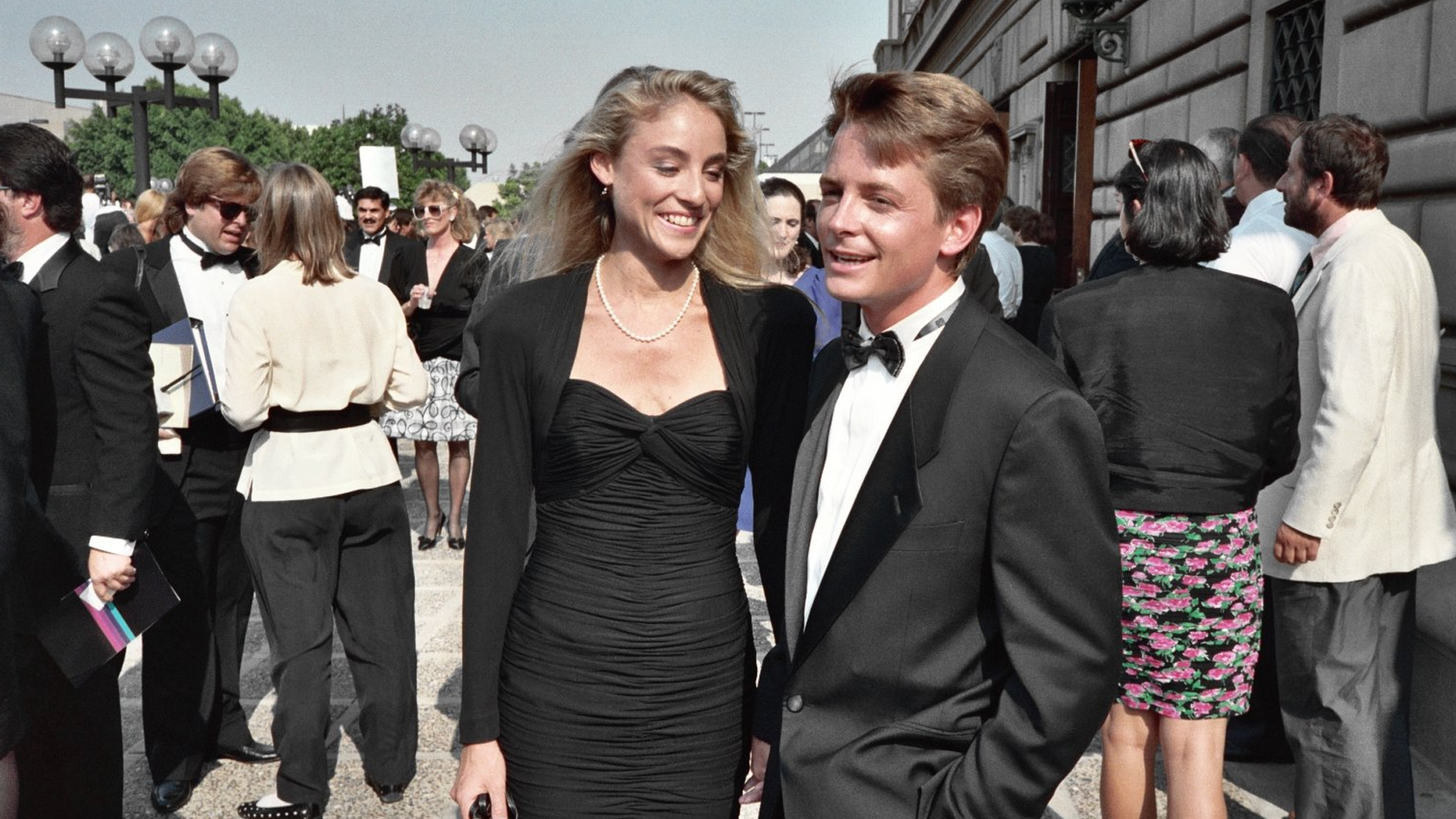The ‘Back to the Future’ actor left viewers in floods of tears after he made a surprise appearance on the BAFTAs stage.
The best film award at this year’s BAFTAs received a standing ovation for two reasons. Besides the congratulatory cheers for Christopher Nolan’s Oppenheimer, which nabbed the award along with six others, audiences also rose to their feet for the award’s surprise presenter: actor Michael J. Fox.
The 65 year old established himself as a Hollywood legend playing Marty McFly in the Back to the Future trilogy during the 1980s. But in the years since, Fox has also become a hugely successful philanthropist and campaigner, raising over $2 billion through his charity the Michael J. Fox Foundation.
Fox was diagnosed with Parkinson’s disease in 1991 at just 29 years old, and has been funding groundbreaking research into the illness – which has no known cure – ever since.
That same funding has led to medical breakthroughs related to Parkinson’s. Earlier this year, a landmark clinical study led by Fox’s foundation discovered a protein found in spinal fluid can help detect Parkinson’s years before first symptoms.
‘It’s a big spotlight on where we need to go and what we need to focus on’, Fox said.
Following his diagnosis and the advancement of his symptoms, Fox stepped away from acting to focus on his philanthropy and activism. His public appearances are relatively rare.
It’s no surprise, then, that when Fox stepped out onto the BAFTAs stage on Sunday night, both audience and viewers were surprised and moved.
Fox was escorted out in a wheelchair, but insisted on standing to present the best film award. He said during his introduction that cinema can ‘change your outlook. Sometimes it can change your life’.
Social users shared their tearful responses to Fox’s speech shortly after it aired. But while Fox’s battle with Parkinson’s is certainly awe inspiring, it’s worth asking ourselves why moments like these trigger such emotional outpourings of support.
Besides Fox’s incredible journey as an artist and activist, the reason these moments are so talked about is because they’re so uncommon.
Fox is one of very few celebrities who continue to be embraced by Hollywood despite living with a chronic disease or disability. Christina Applegate, who was diagnosed with multiple sclerosis in 2021, also received a standing ovation when she presented an award at the 2024 Emmy’s earlier this year. Many commended her for bringing attention to the condition and walking with a cane that read ‘FU MS’.




















